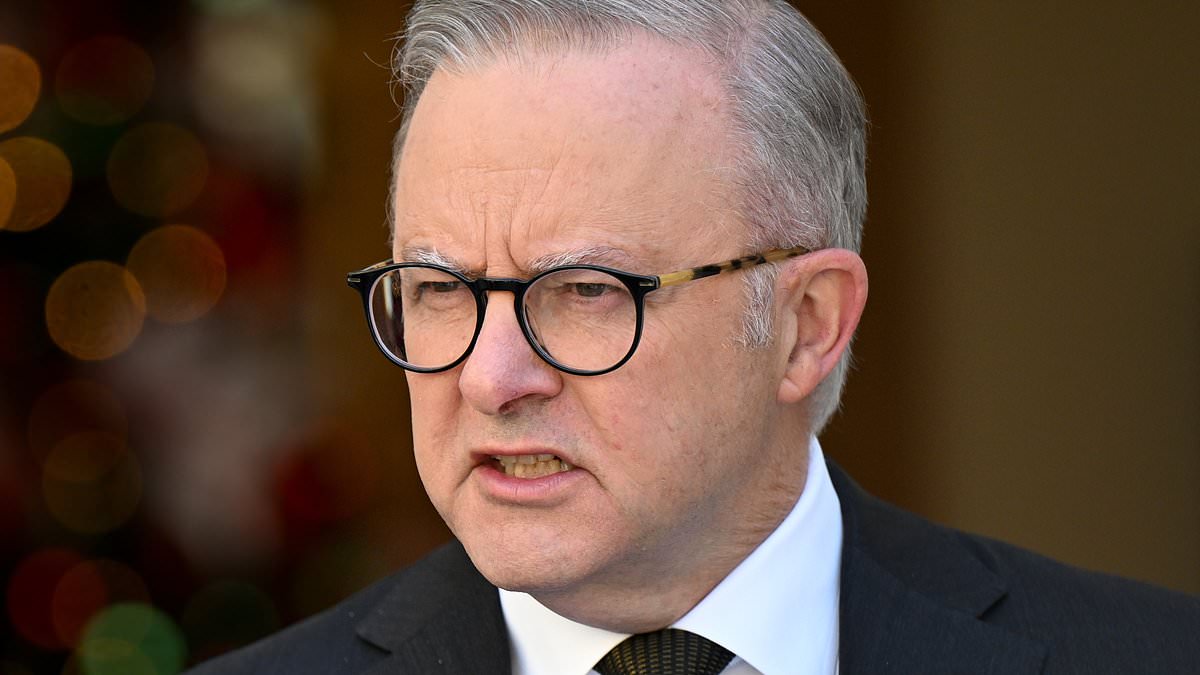Airbus Albo hasn’t been afraid to clock up travelling time jetting abroad for all manner of junkets since becoming PM. But next week he really should board his private plane and head to Washington for Donald Trump’s inauguration.
On Monday, January 21 (Tuesday n time) Trump will be confirmed as the 47th President of the United States.
Foreign Minister Penny Wong and US Ambassador Kevin Rudd will be in attendance.
While it’s unusual for a Prime Minister to also attend such an event, and there is therefore nothing diplomatically wrong with Anthony Albanese’s decision to stay home, he should consider going anyway.
He needs to curry favour with the returning President.
It’s well known that Trump is no fan of Ambassador Rudd. Even Albo has made some choice criticisms of Trump in the past. Many politicians the world over have done the same mind you, so he’s in good company. But bothering to turn up at the inauguration would help to overcome past slights.
The reason it would be worth Albanese reconsidering plans to sit out next week’s presidential inauguration is because Trump has unprecedented ambitions to impose new rules on global trade. The higher tariffs will affect most nations, including .
A strong relationship between Albanese and Trump could go a long way towards toning down such plans.
New tariffs would severely damage a trade dependent nation like ours. Despite reports that Trump’s aides are looking to deescalate such plans in the coming months, the incoming President has used social media to reconfirm his commitment.
On Truth Social last week Trump wrote: ‘The story in the Washington Post, quoting so-called anonymous sources, which don’t exist, incorrectly states that my tariff policy will be pared back. That is wrong.’
It would seem that Trump is not for turning on this issue, so far at least.
Kissing Trump’s hand might not suit Albo’s sensibilities, but it could help tone down the likelihood of any plans that will damage the n economy.
John Howard didn’t attend either of George W Bush’s inaugurations despite the pair becoming very close over the years. In fact I can’t think of too many examples when n PMs have attended presidential inaugurations, certainly not in modern history.
But the times we live in are unusual, and starting Trump’s second four-year term with a goodwill gesture of attendance could reap benefits for . If not on the tariffs issue, perhaps more broadly.
I suspect the PM is too busy to consider such a move, however, as he’s already using the month of January to campaign up and down the nation ahead of what looks set to be a tight election race.
He’s already spent time in the key battleground states of Queensland and WA, with the expectation that he’ll call the election shortly after WA voters head to the polls on March 8. Albo won’t want to interupt that flow with an overseas trip.
The smart money is on an election set down for April 12, which would delay the March budget until after the election. A move some see as deliberate to avoid having to hand down a budget filled with debt and rising deficits not previously forecast.
With the coming months set to be dominated by domestic political campaigning, the chance to sit down with Trump personally while in the US would be a diplomatic coup for Albo.
Instead Wong and Rudd are hoping to get some time on the sidelines with Trump officials, scraping for leftovers.
Just as former Labor minister and High Commissioner to the UK, Stephen Smith, backflipped on plans to boycott an Day event, Albo should reconsider and attend Trump’s inauguration.
Smith’s planned snub in the UK was an act of stupidity. Changing his mind was all about correcting the mistake.
An Albo backflip would be a more positive and proactive move, sending team Trump a message that if re-elected the Labor government hopes to develop close relations with the new US administration. And the PM wants to personally build the sort of relationship with a Republican President that Labor’s Bob Hawke managed to do with George Bush senior after he won the 1988 US Presidential election.
In other words, putting aside partisan differences to build a personal relationship to the benefit of .
